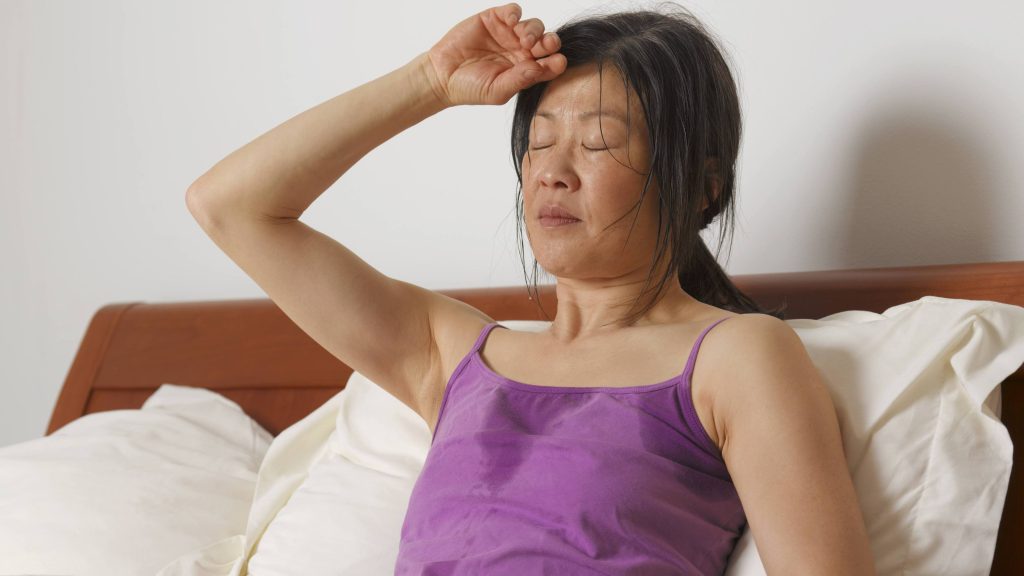
Hormone therapy is a treatment that uses medications containing hormones like estrogen or progesterone to replace those the body stops producing during menopause. It can be a powerful tool for managing menopausal symptoms.
"While hormone therapy can significantly improve quality of life and overall health for many women, it’s not a one-size-fits-all solution," says Dr. Taryn Smith, a Mayo Clinic internist and women’s health specialist.
She emphasizes the importance of a personalized medicine approach to hormone therapy, allowing healthcare providers to consider your health and potential risks.
Having discussions around menopause is important because it's often not a topic that is openly discussed or acknowledged, despite its significance and importance, she says. Menopause is a natural biological process, marking the time that a woman ends her menstrual cycle. It's diagnosed after a woman goes 12 months without a menstrual period.
"Many women don’t know how to navigate menopause and the symptoms that come along with it, such as hot flashes and night sweats. Hormone therapy is used to manage many of these symptoms," says Dr. Smith. "But it's not for everybody."
Watch: Dr. Taryn Smith talks about hormone replacement therapy
Journalists: Broadcast-quality sound bites with Dr. Smith are available in the downloads at the bottom of the posts. Name super/CG: Taryn Smith, M.D./Internal Medicine/Mayo Clinic
Four things Dr. Smith wants women to know about hormone therapy
Menopause symptoms and hormone therapy
Hormone therapy is used to manage symptoms of menopause, such as hot flashes, night sweats, trouble sleeping, and irritability.
"For the average healthy woman, these options are very safe. But if there are any concerns about these risk factors, it’s best to consult your physician or your women’s health specialist," she says.
Treatment options
Hormone therapy is a prescribed medication that can come in different forms, including patches, gels, sprays and oral medications.
Those options may include "A patch you wear on the skin, almost like a bandage in the lower groin or over the buttocks. We have gels that you can rub into the inner thigh and sprays that can be sprayed on the forearm. We also have some oral options. With all the options available, typically, we can find a good option that meets the average woman's needs," says Dr. Smith.
Expected outcomes
After starting hormone therapy, women can expect relief from symptoms. In many cases, hot flashes can be completely resolved, improving the woman’s quality of life.
"Often, we're able to completely resolve hot flashes. But if we cannot completely resolve them, we hope to get significant relief at least and help a woman restore her quality of life," she says.
Safety concerns
While there are safety concerns associated with hormone therapy, such as potential risks of breast cancer, stroke, or heart disease, it is generally safe for the average woman who is close to the menopause transition and younger than 60.
"For the average healthy woman, these options are very safe. But if there are any concerns about these risk factors, it's best to consult your physician or your women's health specialist," says Dr Smith.
For those who are unable to take hormone therapy or choose not to, there are FDA-approved nonhormonal treatments for menopause symptoms. Talk with your healthcare team to find out what is the best option.
Related post:
- Mayo Clinic Minute: Managing sleep during menopause
- Menopause awareness and education should start earlier in life
- Mayo Clinic Minute: Breast health during menopause







